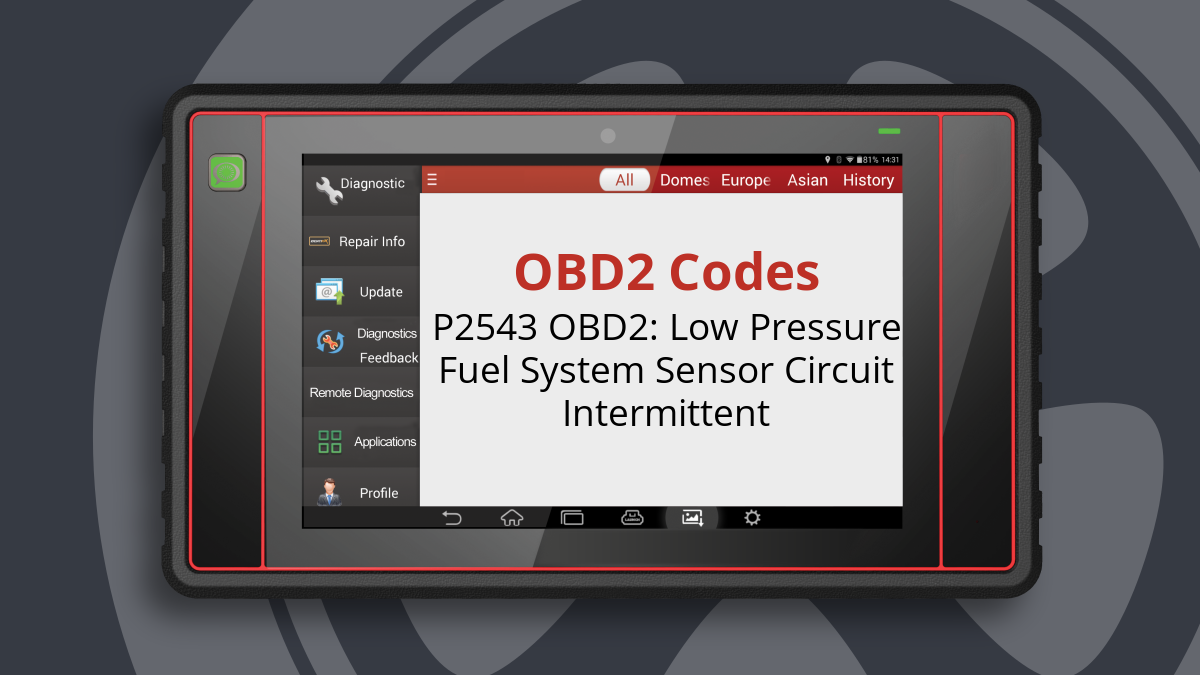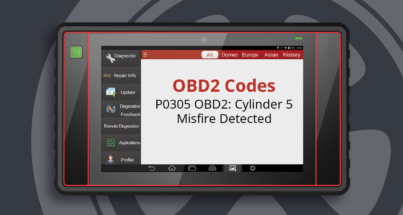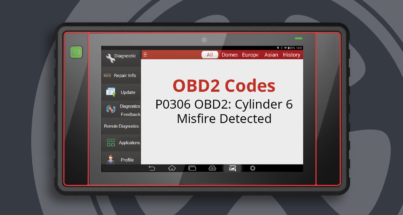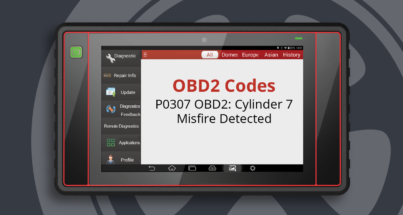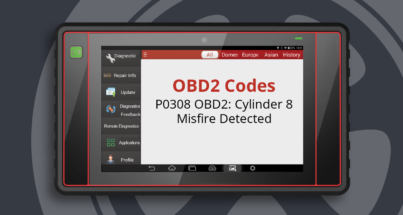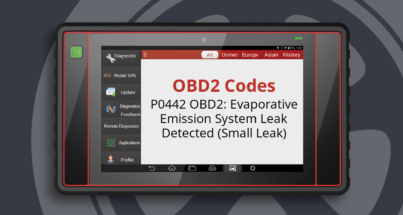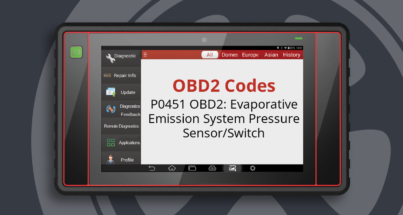What Does the P2543 Code Mean?
The P2543 code indicates that the Fuel Pressure Sensor has detected an intermittent signal in the low pressure fuel system sensor circuit. This code typically arises when the sensor reports an implausible value, leading to decreased engine performance.
What Causes the P2543 Code?
Several factors can trigger the P2543 code, including:
- Fuel pressure sensor failure
- Powertrain Control Module (PCM) failure
- Wiring issues affecting the fuel pressure sensor circuit
What Are the Symptoms of the P2543 Code?
When the P2543 code is present, you may experience:
- Decreased engine performance
How Serious Is the P2543 Code?
The P2543 code is considered urgent as it indicates significant malfunctions that could lead to severe damage to the vehicle or pose safety risks to the driver and passengers. Immediate diagnosis and repair are necessary.
How to Diagnose the P2543 Code
To properly diagnose the P2543 code, follow these steps:
- Use an OBD-II scanner to confirm the P2543 code is present.
- Inspect the fuel pressure sensor and its wiring for any visible damage.
- Test the fuel pressure sensor output using a multimeter.
- Check the Powertrain Control Module (PCM) for any faults.
Common Repairs for the P2543 Code
Repairs for the P2543 code may include:
- Replacing the fuel pressure sensor
- Repairing or replacing damaged wiring
- Replacing the Powertrain Control Module (PCM) if found faulty
How Much Does It Cost to Fix the P2543 Code?
The cost to fix the P2543 code can vary widely based on the underlying cause. Repairing wiring issues may cost less than $100, while replacing the fuel pressure sensor or PCM can range from $150 to $500 or more, depending on labor and parts.
Can I Fix the P2543 Code Myself?
While some car enthusiasts may attempt to fix the P2543 code themselves, it’s essential to have a good understanding of automotive systems. Proper diagnosis is crucial, as simply replacing the sensor may not rectify the issue. If you’re unsure, it’s advisable to seek professional assistance to prevent unnecessary repairs and costs.


